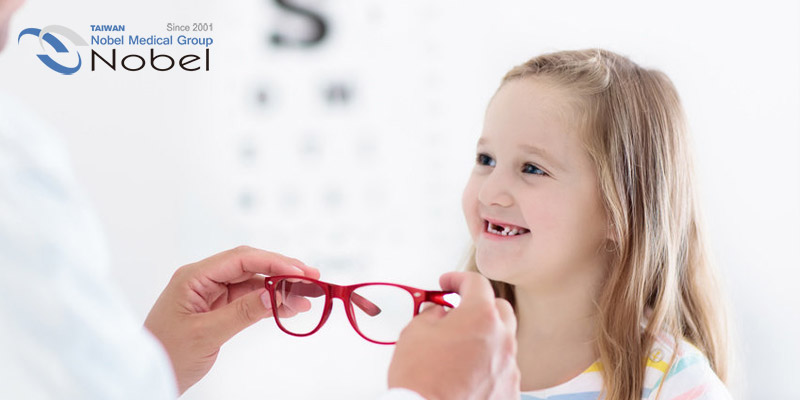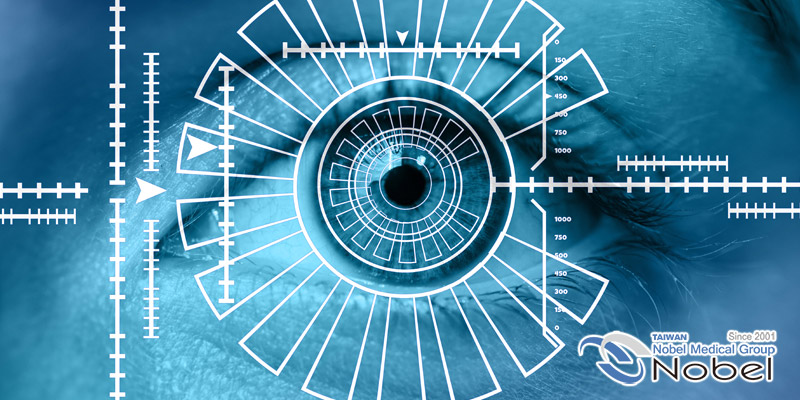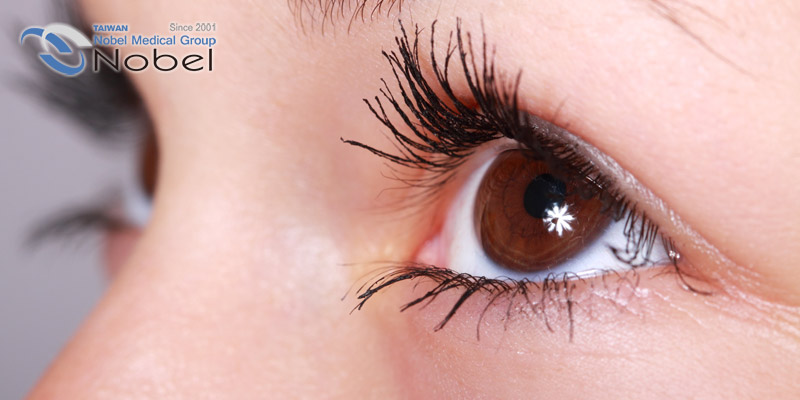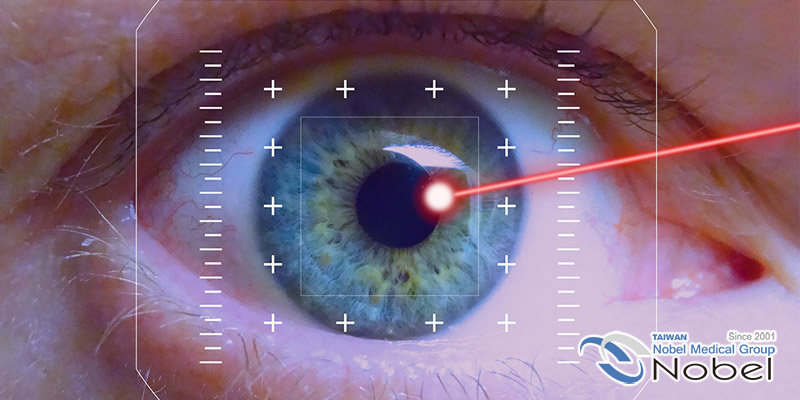- Taipei City, Taiwan (R.O.C.)
- Call: +886-2-2740-0058
- Mn - St: 10:00am - 20:00pm
- Chinese
聯絡表單 1
Archive for 2018
Farsighted children struggle with attention, study finds
Farsighted preschoolers and kindergartners have a harder time paying attention and that could put them at risk of slipping behind in school, a new study suggests. An estimated 4 to 14 percent of preschoolers have moderate farsightedness, or hyperopia, but it often goes undetected in younger children. When moderate farsightedness is found, glasses aren’t always…
7 Mistakes You’re Making With Your Contacts
Here’s how to keep your eyes safe from long-term damage. Proper contact lens hygiene is nothing to roll your eyes at: A new government report warns that bad habits (like wearing your lenses to bed) can lead to eye infections and possibly permanent injuries. The U.S. Centers for Disease Control and Prevention (CDC) examined more than 1,000 cases of contact lens-related infections reported…
New directions found in understanding, fighting glaucoma
Two distinctive handfuls of short molecules that regulate gene expression have been found in the eye fluid of patients with two distinct types of vision degenerating glaucoma. These differentially expressed microRNAs point the way toward finding more genes associated with glaucoma, more clues about how these glaucoma types each go about damaging our optic nerve…
Eye and heart complications are tightly linked in type 1 diabetes
In people with type 1 diabetes, high levels of blood glucose eventually can harm blood vessels in the eye, kidney, heart and other organs — but the damage may be inflicted by different biological mechanisms in different organs. Scientists at Joslin Diabetes Center now have shown that similar mechanisms may also be at work in…
What are the best foods to fight aging?
Eat well for a long and healthy life – that’s a mantra that we’re all familiar with, but what are the best foods to help us achieve that goal? In this article, we give you an overview of some of the most healthful and nutritious foods. What are the best foods for a healthful diet?…
I Think I Got a Contact Stuck in My Eye–Now What?
They can stick to your eye, fold up like tacos and disappear under your eyelid, slip, slide, and slosh. But honestly, they shouldn’t. If this describes your contact lenses, something is wrong. Contact lenses should float on your eyeball and slide–a little bit–with every blink, but generally they should stay in sync with your eyeball. You should…
Too few with stroke of the eye are treated to reduce future stroke
Too few patients with retinal infarction, or loss of blood flow in the eye, are evaluated for stroke risk or seen by a neurologist, putting them at increased risk for another stroke, according to preliminary research presented at the American Stroke Association’s International Stroke Conference 2018, a world premier meeting dedicated to the science and…
Recent Posts
- 2025/06/19 Banqiao Merrier Clinic Grand Opening
- 2025/06/16 Global Young Ophthalmologist Summit and Taiwan Society of Cataract & Refractive Surgeons Joint Summit
- 2025/06/13 Xian Opthalmology Conference Featuring Essilor (France)
- 2025/06/06 Zeiss APAC User Meeting 2025
- 2025/05/30 Nobel Medical Group and Johnson & Johnson APAC Leaders Meeting on Refractive Innovation
Archives
Categories
Recent Posts
2025/06/19 Banqiao Merrier Clinic Grand Opening
19th Jun 2025
2025Copyright © Taiwan Nobel Medical Group. All Rights Reserved.









Recent Comments